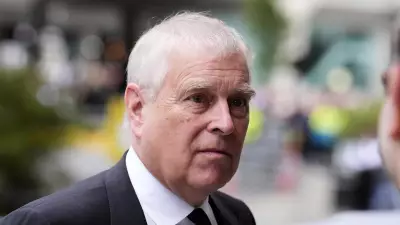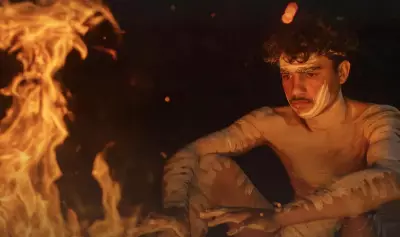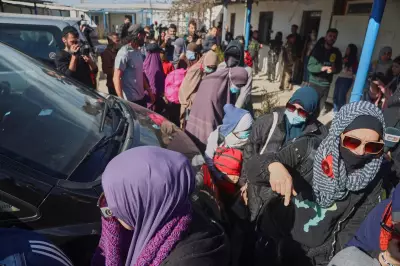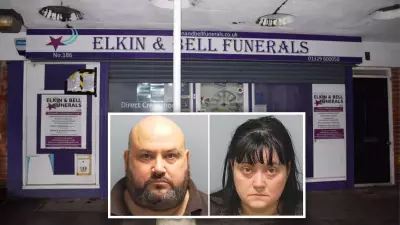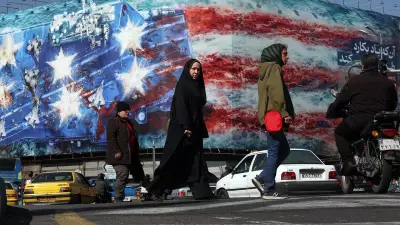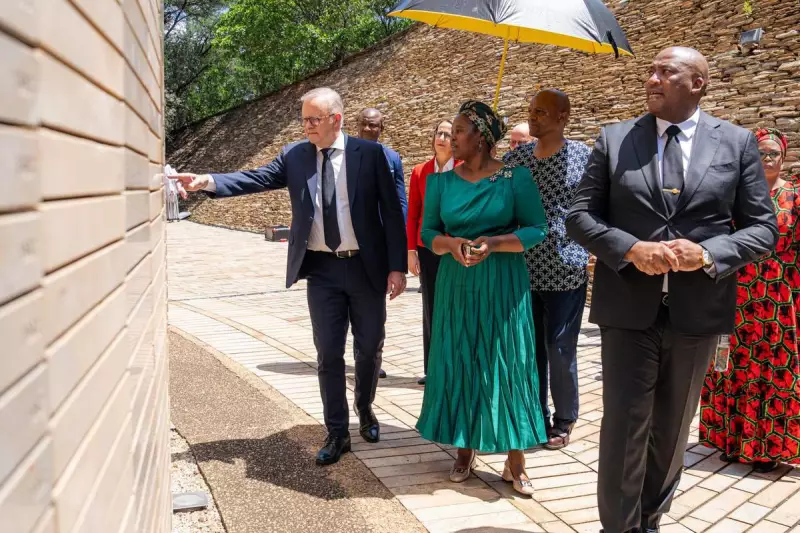
Prime Minister Anthony Albanese has honoured three prominent Australian figures for their contributions to the fight against apartheid, arriving in South Africa ahead of the crucial G20 leaders' summit.
Tribute at Freedom Park
The Australian leader paid his respects at Pretoria's Freedom Park, where former prime ministers Malcolm Fraser and Bob Hawke, along with diplomat Bruce Haigh, will have their names inscribed on the Wall of Names. The ceremony recognises their significant roles in advocating for a free and democratic South Africa.
In a message posted on social media platform X, Mr Albanese described the men as embodying "the best of who we are as Australians" and praised their actions that advanced understanding and reconciliation between all people.
Legacy of Australian Anti-Apartheid Efforts
Each of the honoured Australians made distinct contributions to the anti-apartheid movement. Malcolm Fraser worked extensively with the United Nations and Commonwealth of Nations to investigate apartheid and was among the first world leaders to visit Nelson Mandela during his imprisonment.
Mr Albanese shared a remarkable anecdote from this historic meeting: "During their meeting, Mandela asked him if the legendary Australian cricketer, Donald Bradman, was still alive. Years later, when Mandela was president, Fraser gave him a cricket bat signed by The Don 'in recognition of a great unfinished innings'."
Bob Hawke advocated strongly for sanctions through the Commonwealth and the Australian Council of Trade Unions, while also supporting sporting boycotts that put international pressure on the apartheid regime.
Bruce Haigh, stationed in South Africa between 1976 and 1979, built crucial contacts with anti-apartheid activists and highlighted systemic injustices. His work was later immortalised in the 1987 film Cry Freedom.
G20 Summit Priorities and Bilateral Meetings
The Prime Minister emphasised the continuing importance of the G20 gathering, which carries the theme "Solidarity, Equality and Sustainability" despite the absence of Chinese President Xi Jinping and US President Donald Trump.
"It's the most important gathering for which Australia is a member," Mr Albanese stated. "It represents 85 percent of the global economy, 75 percent of global trade, and in addition to participating in the forums of the G20, I'll have important bilateral meetings with our trading partners."
During the weekend summit, the Australian leader plans to meet with key partners including Indian Prime Minister Narendra Modi, German Chancellor Friedrich Merz and European Union President Ursula von der Leyen.
Mr Albanese highlighted the economic significance of these engagements, noting that one in four Australian jobs depends on trade, making such international forums crucial for advancing the nation's economic interests and supporting employment.
The Prime Minister also reflected on Nelson Mandela's decision to visit Australia just eight months after his release from prison in February 1990, choosing the country specifically because of its government's anti-apartheid stance and widespread public support.
"I had the extraordinary honour and privilege of meeting Mandela at the Sydney Trades Hall and at a major event at the Sydney Opera House," Mr Albanese recalled. "He was a magnetic presence. And like so many around the world, Mandela's commitment to peace and justice inspired me then, and continues to do so today."
South African authorities have deployed 3,500 extra police officers in Johannesburg amid concerns about potential protests during the high-profile international gathering.

